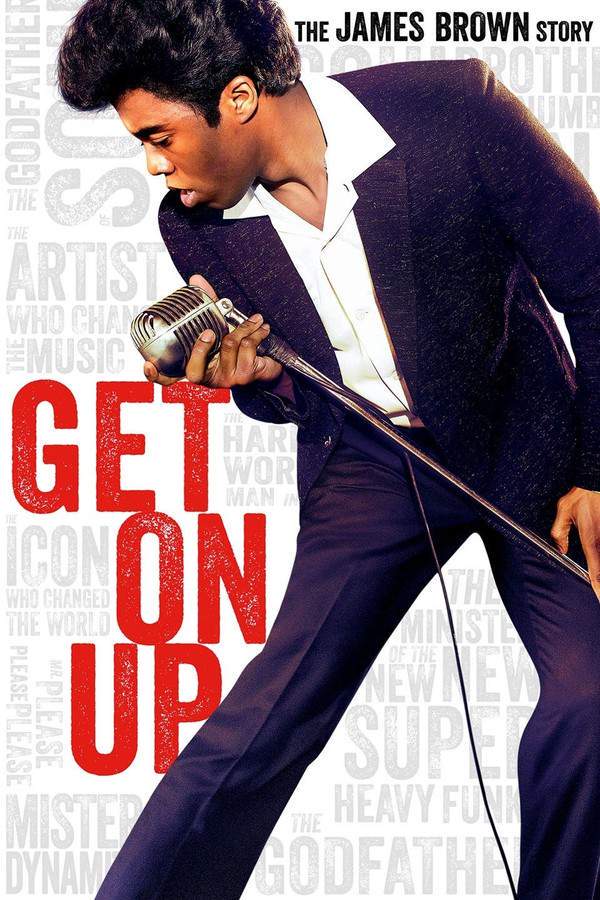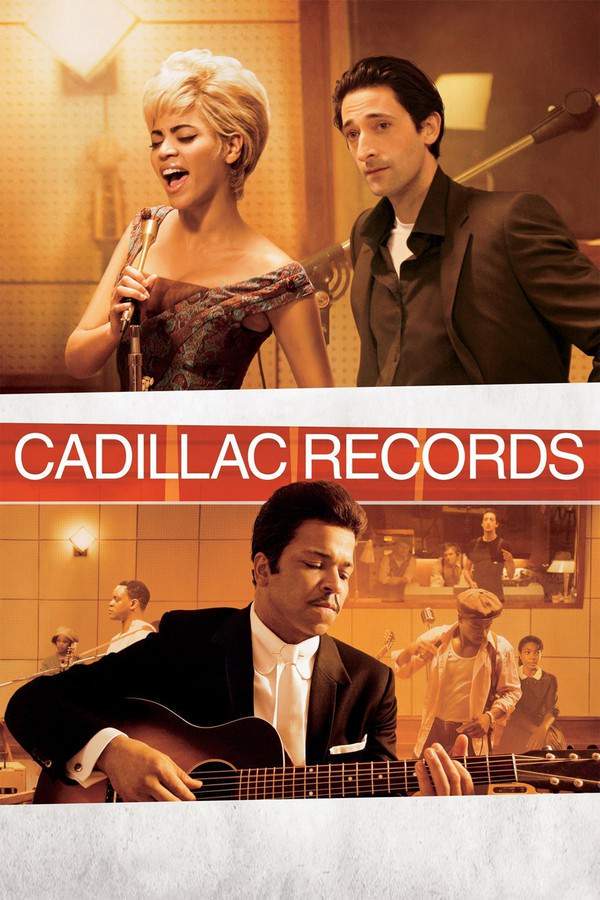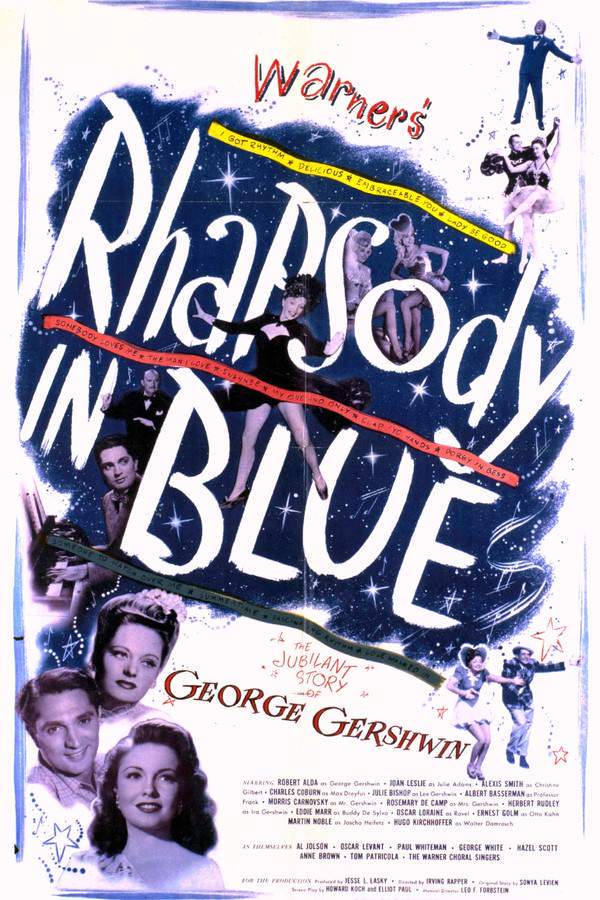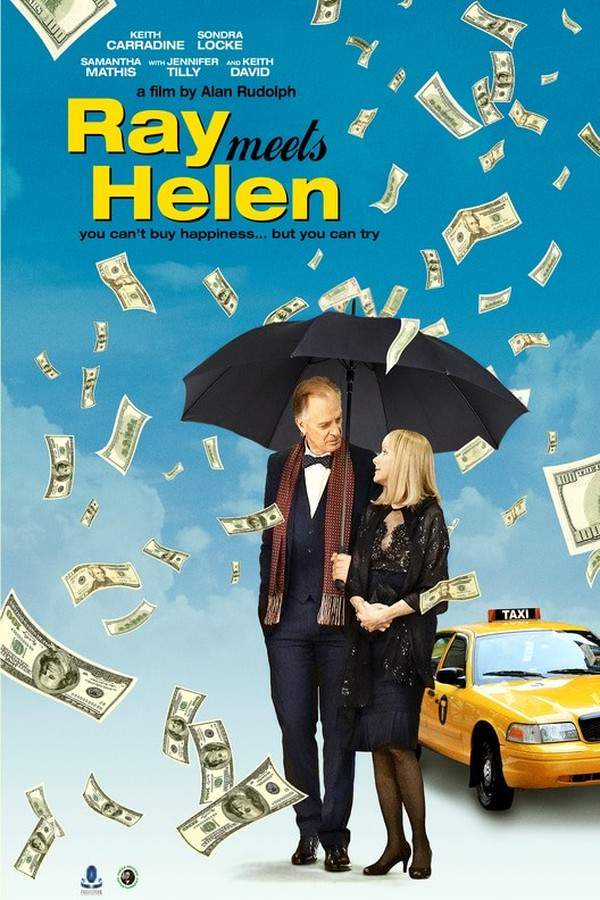
Ray 2004
Directed by

Taylor Hackford
Made by
Universal Pictures
Test your knowledge of Ray with our quiz!
Ray Plot Summary
Read the complete plot summary and ending explained for Ray (2004). From turning points to emotional moments, uncover what really happened and why it matters.
Ray Robinson, portrayed by Jamie Foxx, grows up in a challenging environment, raised by his strong-willed mother, Aretha Robinson (Sharon Warren), amid the struggles of poverty. He finds refuge in the world of music and learns to master the piano. However, a tragic accident occurs when his younger brother, George, drowns in a washbasin, leaving Ray devastated. Following this heart-wrenching event, Ray begins to experience vision problems and by the age of seven, he is completely blind. Aretha instills in him the values of independence and resilience, eventually enrolling him in a school designed for the deaf and blind.
In 1946, Ray joins a white country band where he is required to wear sunglasses to conceal his sight impairment from the audience. To explain his condition, he falsely claims he lost his vision during the Normandy landings. A couple of years later, in 1948, Ray moves to Seattle to pursue his musical career, playing in a nightclub band alongside Quincy Jones (Larenz Tate) and Gossie McKee (Terrence Howard). However, he soon falls victim to the manipulative practices of the club’s owner, Marlene Andre (Denise Dowse), who exploits his talent while siphoning his earnings. Learning the truth about her dishonest dealings, Ray breaks free from her control and teams up with Quincy.
Opportunity knocks when Ray encounters Jack Lauderdale (Robert Wisdom) from Swing Time Records, who offers him a record advance that significantly surpasses what he was previously making. Jack advises Ray to adopt the name “Ray Charles” to distinguish him from the famous boxer Sugar Ray Robinson. As he begins to rise in fame, he explores various sounds, revealing that he uses the hardness of his shoes to perceive different vibrations, helping him navigate without assistance.
Ray’s musical journey takes a turn when he meets Della Bea (Kerry Washington), the daughter of a preacher. Their romance leads to marriage, although Della struggles with Ray’s blending of gospel elements into his music while recognizing his extraordinary talent. As the years pass and Ray’s career flourishes, including hits like “I Got a Woman” and “Hallelujah I Love Her So,” he also engages in a tumultuous affair with singer Mary Anne Fisher (Aunjanue Ellis), which complicates his personal life.
Amidst the chaos, Ray forms a successful girl trio known as “The Raylettes,” and finds himself drawn to its lead singer, Margie (Regina King). However, as his career ascends and his fame blossoms, he faces personal turmoil, including substance abuse issues. A defining moment comes when he supports civil rights protests by refusing to perform for segregated audiences, further enhancing his legacy in the civil rights movement.
Overcoming numerous obstacles, including a series of legal issues stemming from his drug addiction, Ray eventually seeks rehabilitation and finds redemption through a poignant confrontation with his deceased mother and brother, leading him to a path of recovery. By 1979, he triumphs over his addiction, receiving recognition from the state of Georgia, which honors him by adopting “Georgia On My Mind” as the official state song. The enduring legacy of Ray Charles is solidified as he continues to perform for enthusiastic crowds until his passing in 2004 from liver failure. This inspiring tale of resilience and brilliance showcases the transformative power of music and the indomitable spirit of Ray Charles.
Ray Timeline
Follow the complete movie timeline of Ray (2004) with every major event in chronological order. Great for understanding complex plots and story progression.
Ray's Childhood
Ray Robinson grows up in a challenging environment, impacted by poverty and hardship. Raised by his strong-willed mother, Aretha, he finds solace in music, learning to master the piano amid his struggles.
Tragic Loss
A heartbreaking event occurs when Ray's younger brother, George, drowns in a washbasin. This tragedy leaves Ray devastated, and shortly after, he begins to experience vision problems.
Complete Blindness
By the age of seven, Ray becomes completely blind following his vision issues. His mother, Aretha, instills in him the importance of independence and resilience, setting him on a path toward overcoming adversity.
Enrollment in Special School
Aretha Robinson enrolls Ray in a school designed for the deaf and blind. This step plays a crucial role in shaping his future and providing him with the tools he needs to navigate his world.
Joining a Country Band
In 1946, Ray joins a predominantly white country band, wearing sunglasses to conceal his blindness from the audience. To explain his sight impairment, he fabricates a story about losing his vision during the Normandy landings.
Move to Seattle
In 1948, Ray moves to Seattle to chase his dreams in music. He plays in a nightclub band along with Quincy Jones and Gossie McKee, beginning his rise in the music industry.
Exploitation by Club Owner
Ray soon falls victim to the manipulative practices of Marlene Andre, the nightclub's owner. She exploits his talent and siphons off his earnings, leaving Ray feeling trapped and taken advantage of.
Break Free
Upon discovering Marlene's dishonest dealings, Ray breaks free from her control. He teams up with Quincy Jones, which marks a significant turning point in his career.
Recording Contract
Ray meets Jack Lauderdale from Swing Time Records, who offers him a record advance that exceeds his previous earnings. Advising him to adopt the name 'Ray Charles,' Jack helps set the stage for Ray's future success.
Exploring New Sounds
As Ray begins to rise in fame, he explores various musical sounds. He ingeniously uses the vibrations of his shoes to perceive different musical elements, demonstrating his unique approach to navigation and music.
Meeting Della Bea
Ray meets Della Bea, the daughter of a preacher, and they begin their romantic relationship. Despite their love, Della struggles with Ray’s blending of gospel elements into his music but recognizes his extraordinary talent.
Career Hits and Affairs
Ray's career flourishes with hits like 'I Got a Woman' and 'Hallelujah I Love Her So.' However, he also engages in a tumultuous affair with singer Mary Anne Fisher, complicating his personal life and relationships.
Forming The Raylettes
Ray forms a successful girl trio known as 'The Raylettes,' becoming attracted to its lead singer, Margie. As his fame grows, he faces the challenges of maintaining relationships amidst his rising career.
Supporting Civil Rights
Ray takes a strong stand against segregation by refusing to perform for segregated audiences. His actions solidify his legacy as a supporter of the civil rights movement, intertwining music and activism.
Redemption and Legacy
After battling drug addiction and overcoming various personal obstacles, Ray seeks rehabilitation. By 1979, he is honored by the state of Georgia when 'Georgia On My Mind' is adopted as the official state song, cementing his legacy.
Ray Characters
Explore all characters from Ray (2004). Get detailed profiles with their roles, arcs, and key relationships explained.
Ray Charles
Ray Charles, portrayed by Jamie Foxx, is a music prodigy whose extraordinary talent is matched only by his resilience in the face of adversity. Despite becoming blind at a young age, he navigates life's challenges and rises to fame with a unique blend of genres. His complex character embodies both brilliance and flaws, making him a multifaceted figure in music history.
Della Bea
Della Bea, portrayed by Kerry Washington, is Ray's supportive yet challenged partner, navigating the complexities of their marriage. As the daughter of a preacher, she struggles with Ray's blending of gospel influences in his music, yet appreciates his talent. Her character represents the emotional toll that Ray's lifestyle takes on his loved ones.
Marlene Andre
Marlene Andre, played by Denise Dowse, is the manipulative club owner who exploits Ray's talent for her own gain. Her character embodies the darker side of the music industry, showcasing how artists can be taken advantage of. Marlene's actions underscore the challenges many musicians face in their careers.
Jack Lauderdale
Jack Lauderdale, portrayed by Robert Wisdom, is a pivotal figure in Ray's career who offers him a lucrative record deal. He serves as a mentor, helping Ray establish himself as an artist. Jack's recognition of Ray's talent is a significant turning point, propelling him towards success.
Ray Settings
Learn where and when Ray (2004) takes place. Explore the film’s settings, era, and how they shape the narrative.
Time period
1940s-2000
The movie spans several decades, beginning in the 1940s when Ray Charles starts his musical career amidst the challenges of blindness and personal loss. Throughout the decades, the civil rights movement plays a significant role, as Ray stands against segregation in his performances. The late 20th century sees him overcoming addiction and achieving lasting recognition until his passing in 2004.
Location
Seattle
Seattle is a vibrant city known for its rich music scene and cultural diversity. It serves as a backdrop for Ray Charles's early career, where he collaborates with notable musicians and plays in nightclubs. The city's artistic atmosphere significantly contributes to Ray's musical evolution and success.
Ray Themes
Discover the main themes in Ray (2004). Analyze the deeper meanings, emotional layers, and social commentary behind the film.
🎹
Resilience
The theme of resilience is prevalent as Ray Charles faces and overcomes numerous personal and professional obstacles. Despite his blindness and the early tragedy of losing his brother, he harnesses his love for music as a source of strength. His journey through hardship, addiction, and eventual recovery highlights the indomitable spirit of perseverance.
🎤
Music and Identity
Music is central to Ray Charles's identity, serving as both his refuge and means of expression. The film demonstrates how Ray blends various genres, transforming the music landscape while asserting his individuality. His relationship with music shapes his life experiences and interactions, making it a powerful aspect of his legacy.
✊
Civil Rights
Ray Charles's story intertwines with the civil rights movement, particularly as he advocates for equality and against segregation in his performances. His decision to refuse to play for segregated audiences showcases his commitment to social justice. This theme underscores the importance of using one’s platform to champion change.

Coming soon on iOS and Android
The Plot Explained Mobile App
From blockbusters to hidden gems — dive into movie stories anytime, anywhere. Save your favorites, discover plots faster, and never miss a twist again.
Sign up to be the first to know when we launch. Your email stays private — always.
Ray Spoiler-Free Summary
Discover the spoiler-free summary of Ray (2004). Get a concise overview without any spoilers.
In post‑war America, a young boy named Ray Robinson learns to translate the silence of his world into a language of sound. Raised by his fierce and caring mother, Aretha Robinson, in a neighborhood where poverty is a daily companion, Ray discovers the piano as both refuge and weapon. The film opens with an intimate portrait of a household where hardship is balanced by an unyielding belief in independence, setting a tone that feels both tender and gritty, as the shadows of loss begin to shape his inner rhythm.
Against the backdrop of smoky nightclubs and the early stirrings of R&B, Ray steps onto a stage that expects him to hide his blindness behind sunglasses and bravado. The world he navigates is a mix of raw talent, restless ambition, and a music industry that values novelty as much as it demands conformity. Within this vibrant yet unforgiving scene, mentors and collaborators—most notably a charismatic pianist named Quincy Jones and a shrewd record executive, Jack Lauderdale—recognize Ray’s extraordinary ear and encourage him to forge a name that will stand apart. Their presence hints at the alliances and creative sparks that will propel the story forward, without exposing the specifics of his eventual rise.
The film’s mood oscillates between soulful melancholy and triumphant exuberance, mirroring the very music that defines Ray’s identity. It captures the restless energy of a man whose fingertips feel the world’s vibrations, turning personal adversity into a public anthem. As Ray begins to step out of the shadows, the audience senses a broader cultural shift—a black artist asserting his voice on a stage that has long been segregated and silent to his genius. This atmospheric setup invites curiosity about how his resilience and artistry will reshape the soundscape of a nation, while keeping the core of his journey delicately veiled.
Can’t find your movie? Request a summary here.
Movies with Similar Twists and Themes
Uncover films that echo the narrative beats, emotional arcs, or dramatic twists of the one you're exploring. These recommendations are handpicked based on story depth, thematic resonance, and spoiler-worthy moments — perfect for fans who crave more of the same intrigue.
Featured on this page

What's After the Movie?
Not sure whether to stay after the credits? Find out!
Explore Our Movie Platform
New Movie Releases (2026)
Famous Movie Actors
Top Film Production Studios
Movie Plot Summaries & Endings
Major Movie Awards & Winners
Best Concert Films & Music Documentaries
Movie Collections and Curated Lists
© 2026 What's After the Movie. All rights reserved.









